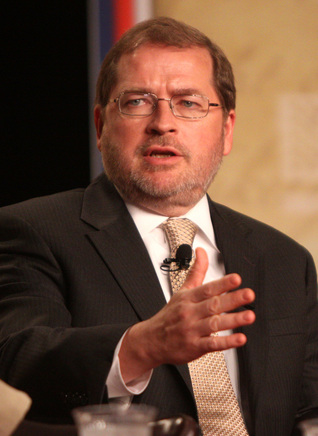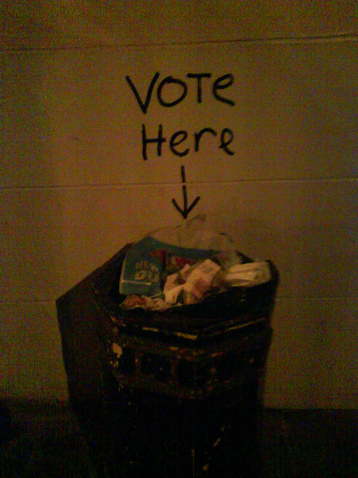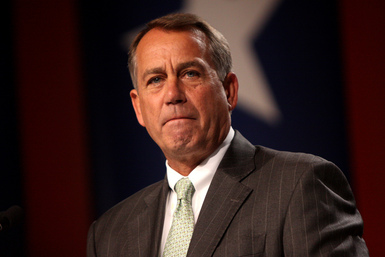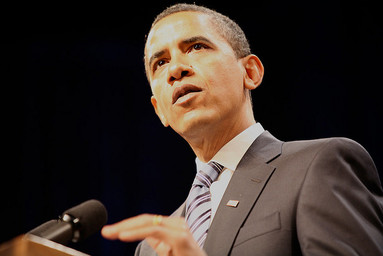
Or, if you’re old enough, do you remember how eager you once were to fill your billfold with Susan B. Anthonys, or “Sussies,” as we affectionately called them?
I thought so.
Conventional wisdom says these coins failed because Americans just don’t want to replace dollar bills with jingling loose change. That’s
| | what opinion polls have said — 70 percent of you prefer to keep the paper bills, according to Lincoln Park Strategies. Change, as both sides agree, is difficult. That’s a statement that has two meanings. We don’t want those things dragging down our pants. But the Dollar Coin Alliance says the Sussies and Sacagaweas failed because the government tried to run two systems at once. What needs to happen, they say, is for the government to completely eliminated dollar bills, then mint the coins. People will complain, as they did when the government forced everyone to change to digital television, but they soon will get used to it. And getting used to it means saving the government money, without raising taxes or cutting any programs. I’m writing about this because, at a congressional hearing this week, the nonpartisan Government Accounting Office once again recommended the switch to coins. It was the eighth time in 22 years the GAO has done so. But, even in a time of economic distress, the message isn’t any more likely to take hold this time than in the past. “Would we want to have a paper quarter? At some point it becomes ridiculous to have a paper dollar.” I spoke with Shawn Smeallie, executive director of the Dollar Coin Alliance. He has some logical reasons for making the switch. “This is a product of inflation,” he said. Today, the dollar is worth approximately what a quarter was worth in the 1970s. “Would we want to have a paper quarter? At some point it becomes ridiculous to have a paper dollar.” The average dollar bill circulates for 4.7 years before it becomes unusable and has to be shredded and put in the landfill. A coin can remain in use about 40 years before it degrades, and then it could be melted down to create some more. The difference would save about $11 billion, Smeallie said. That’s not enough to move the nation even an inch from the fiscal cliff, but “if we can’t do even this much, it sends a bad signal.” Smeallie has answers to all the common objections. To people who say they don’t want to be weighed down by coins, he comes back with: “How many dollar bills do you have in your wallet right now?” Most people don’t have many. That means they wouldn’t have many dollar coins. He even plays the “distrust of the Federal Reserve” card. The Fed makes 95 cents off every dollar printed, he said. The U.S. Mint would create dollar coins and sell them at face value. This is why, he said, the Fed stands in the way of any move to a coin. Here is why the change won’t happen, at least not at this time: First, dollar bills — greenbacks, lettuce, the mean green, the almighty dollar — are a big part of American culture, and the dollar remains the world’s leading currency. Turning it into a coin would be seen by politicians, and many in the public, as sending a bad signal to the rest of the world. Second, the nation is rapidly become cashless. We use credit cards, we shop online, we now use mobile phone payment apps. If it costs less to mint coins than it does to print bills, think how much less it will cost to do nothing. Smeallie laughs at that, saying we won’t be cashless until we fly around in “George Jetson cars.” He’s right that low-income people still rely on cash and that you still need it to ride a lot of mass-transit systems, but Americans use much less cash than they did a few years ago, and the trend is accelerating. Here’s an idea to save money: Instead of doing away with $1 bills, just reduce their size each year commensurate with the inflation rate. That saves on the cost of paper and ink and is a constant reminder to the public that the dollar is literally shrinking. Eventually, when dollars are the size of the strips that come out of a paper shredder, people will demand coins. |











 RSS Feed
RSS Feed

